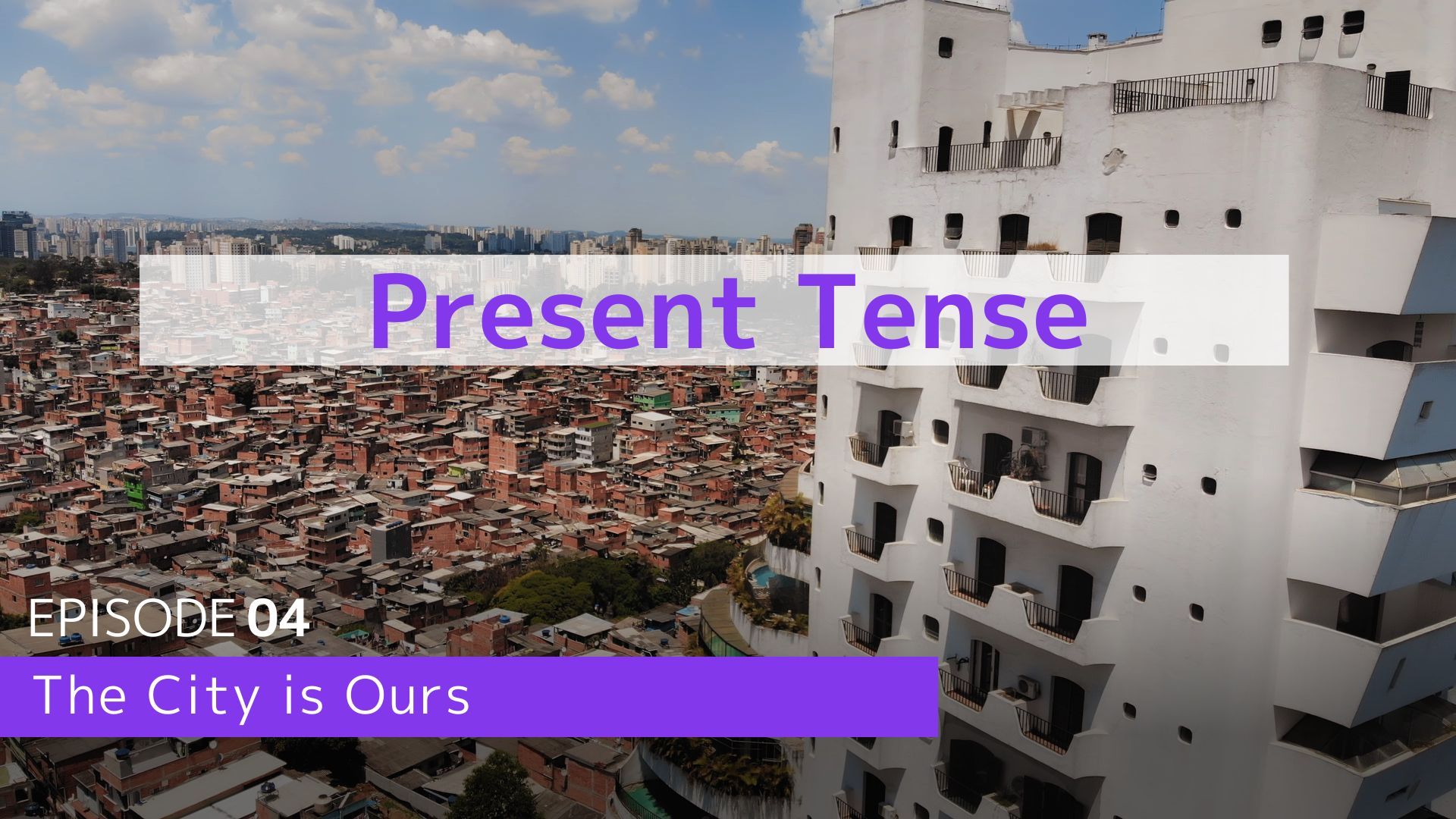Enough with Catcalling
(Chega de fiu fiu)
Amanda Kamanchek, Fernanda Frazão | Documentary
2018 | 73 minutes | Brazil
While the #MeToo Movement united sexual harassment victims throughout the world, this crucial documentary explores the public space as a place of violence for women—especially sexual harassment. It analyzes how feminist campaigns have changed power relationships between men and women in the streets of Brazil.
Synopsis
Were the cities made for women? While the #MeToo Movement united sexual harassment victims throughout the world, this crucial documentary goes beyond and explicitly illustrates how the participation of women in open urban spaces is marked by insecurity. The film explores the public space as a place of violence—especially sexual harassment—and analyzes how campaigns promoted by activists and feminists have changed power relationships between men and women in the streets and on the Internet in Brazil.
Enough With Catcalling follows Raquel, Rosa, and Teresa, in three different Brazilian cities, who share with us their experiences with catcalling. The film also includes insightful footage from hidden cameras worn by women in their day to day life, as well as eye-opening conversations between specialists and men about harassment, body image, and masculinity.
Reviews
"We are instantly thrust into the skin-crawling sense of fear that many women feel walking through the streets alone at night." — Jezebel
"Street harassment 'represents the objectification of women, the hyper-sexualization of women, the lack of autonomy that women have over our own bodies, and the idea that a woman is not a public being." — Juliana de Faria, Founder, Think Olga
"The film shows how we are systematically excluded from the debate about city. The characters in the film have this in common: no one feels at ease in the public space. Neither of them feels safe or belonging to the city. In addition to this complaint, I see the documentary as an educational project - the idea is to transform it into a tool with universities and schools so that we can think together about a change." — Juliana de Faria, Founder, Think Olga
Citation
Main credits
Kamanchek, Amanda (film director)
Kamanchek, Amanda (film producer)
Frazão, Fernanda (film director)
Frazão, Fernanda (film producer)
Biau, Camila (film producer)
Kakuda, Lucas (film producer)
Lemes, Juliana (film producer)
Other credits
Cinematography, Lucas Kakuda; editor, Cibele Appes.
Citation
Cataloging
Pragda subjects
Activism
Afro-Latin Studies
Body Image
Gender + Sexuality Studies
Human Rights
Latin American Studies
Mental Health
Sociology
South America
Urban Studies
Women
Keywords
Clips
Festivals
ACT Human Rights Film Festival
DIRECTOR: Amanda Kamanchek, Fernanda Frazão
NATIONALITY: Brazil
YEAR: 2018
GENRE: Documentary
LANGUAGE: Portuguese
COLOR / B&W: Color
GRADE LEVEL: High School, College, Adults
SUBTITLE/CC: AVAILABLE
AUDIO DESCRIPTION: NOT AVAILABLE
Existing customers, please log in to view this film.
New to Pragda? Register to request a quote.
Related Films

Present Tense, Ep. 04 - The City Is Ours
A cidade é nossa

Long Way Home
Temporada

One Street Away
A una cuadra

Present Tense, Ep. 03 - Survivors
Sobreviventes

Shout at Me!
¿Me vas a gritar?

Now that We Are Together
Ahora que estamos juntas

Grooming

Brazil: A Time to Build
Brasil, país do presente?

The Spark in the Meadow
La chispa en la pradera

Luchadoras

Seeds: Black Women in Power
Sementes: Mulheres pretas no poder

Unconscious Revealed
Inconscientes revelados

Ninosca

We Are Fire

Present Tense, Ep. 07 - Racist Inequality
Desigualdade racista
Related Collections

The Pragda Complete Film Collection
The essence of Spain and Latin America captured in their original language with English captions or subtitles.
Number of titles: 792
SEE COLLECTION >
Social Justice
A thought-provoking collection of films centered on social justice, each narrative a powerful exploration of human rights, equality, and the pursuit of a more just society.
Number of titles: 106
SEE COLLECTION >
Labor Lens: Work and Society
A cinematic exploration of the complexities, struggles, and triumphs of the working world, showcasing the diverse narratives and experiences that shape our understanding of labor and its context.
Number of titles: 238
SEE COLLECTION >
Afro-Latin Narratives
Unveiling Afro-Latin America: their culture, challenges, and the profound contributions of their communities.
Number of titles: 74
SEE COLLECTION >
Portuguese Language Films
A journey through Brazilian cinema celebrating the musicality of the Portuguese language and the country’s cultural heritage.
Number of titles: 137
SEE COLLECTION >
Documentary Chronicles
A truthful examination and captivating glimpse into the complexities of the region.
Number of titles: 498
SEE COLLECTION >
High School Collection
Given varying criteria for content ratings and age restrictions in different regions, Pragda STREAM recommends faculty watch films in their entirety before assigning them to students.
Number of titles: 610
SEE COLLECTION >
LGBTQ+
An insightful view into the struggles and triumphs of the LGBTQ+ and gender non-conforming community in Latin America and Spain.
Number of titles: 67
SEE COLLECTION >
Women's Voices
These films challenge dominant narratives and offer compelling feminine visions of the region's past, present, and future.
Number of titles: 300
SEE COLLECTION >


